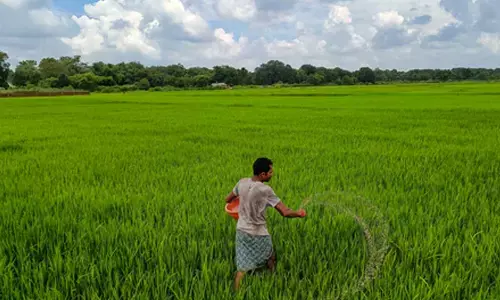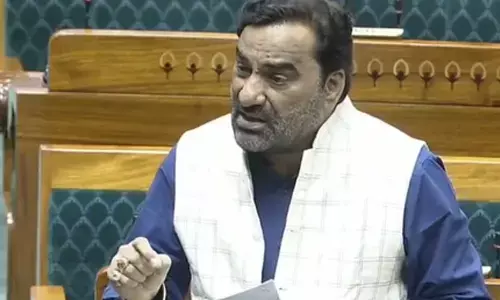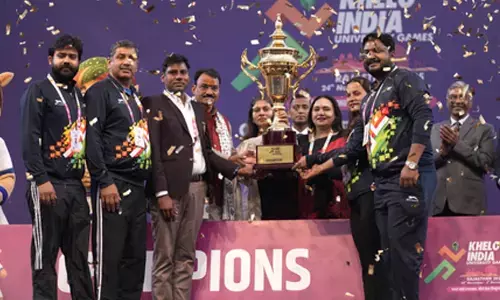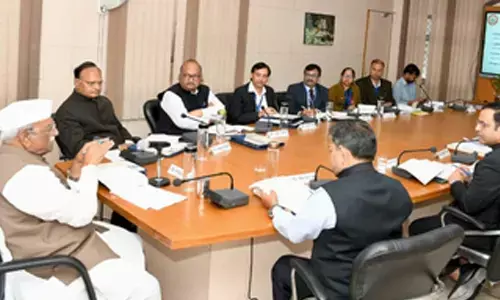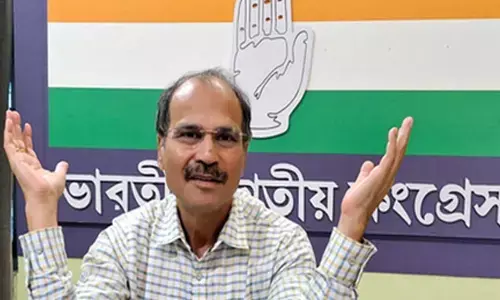Cops to rid Dakshina Kannada of vigilantism?
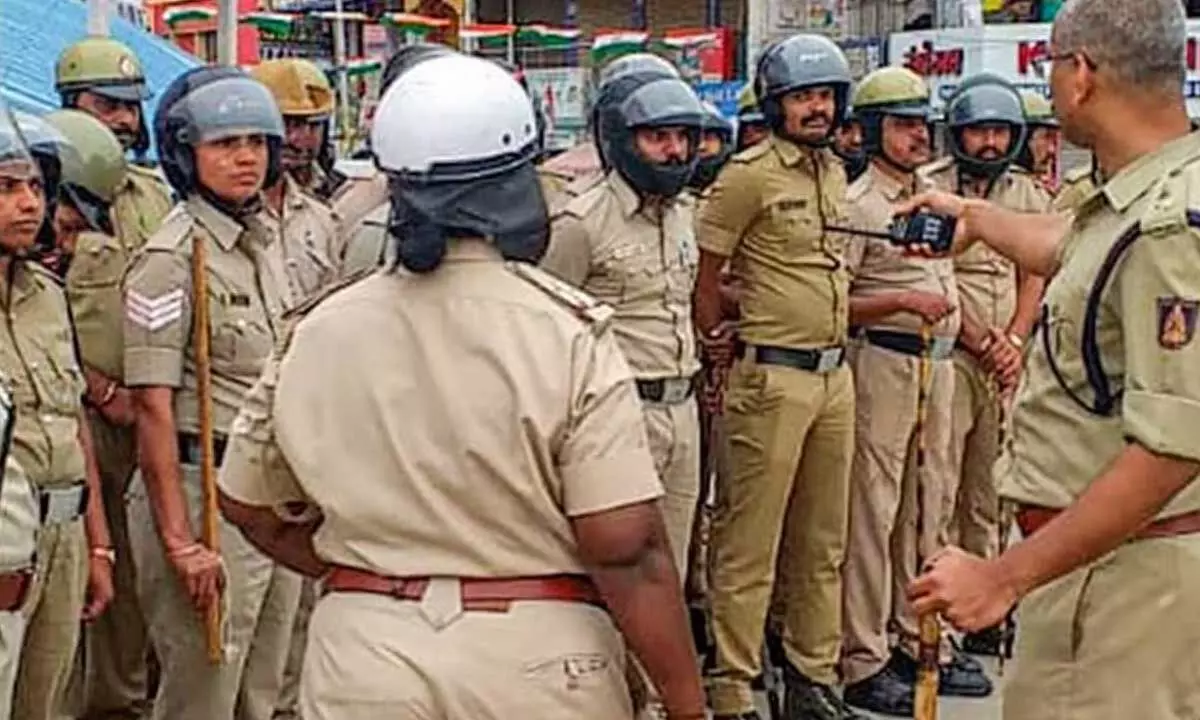
Cops to rid Dakshina Kannada of vigilantism?
In the past quarter-century or more, the coastal city of Mangaluru has earned the label of being a ‘Hindutva laboratory’ for all the wrong reasons.
Mangaluru: In the past quarter-century or more, the coastal city of Mangaluru has earned the label of being a ‘Hindutva laboratory’ for all the wrong reasons. Shortly after the notorious Godhra incident in Gujarat, discussions arose about replicating the Gujarat model in Karnataka and making Dakshina Kannada a hub for Hindutva activities in the state.
The Dakshina Kannada district witnessed a series of major communal clashes in 1997 and 2006, fuelled by hate speeches delivered by communal leaders at every street corner. This tarnished its reputation, coinciding with a time when significant industrial and business investments were flowing into the coastal region. Since then, the police administration has been determined to find an effective solution to this problem. However, no government succeeded in establishing a dedicated force with a clear mandate to control or eliminate communal criminal elements, particularly in Mangalore city.
Putting an end to this speculation, the Siddaramiah government has now formed an elite force comprising officers from the police department and the intelligence agencies. Although previous top-ranking police officers like Gopal Hosur, who served as the Western Range Inspector General of Police, and Seemanth Kumar Singh, as the Commissioner, made commendable efforts to control communal elements in Mangalore, this is the first time a force has been created specifically to confront such elements head-on.
The Mangalore city police now possess this elite force, which operates under the Central Crime Bureau (CCB) of the Mangalore police, led by Assistant Commissioner of Police (ACP). An anti-communal wing has been established under the jurisdiction of the commissionerate, and ACP Parameshwar Hegde has been entrusted with its leadership, as confirmed by City Police Commissioner Kuldeep Kumar R. Jain.
The objective of the anti-communal wing is to address the situation by conducting swift operations to prevent incidents of moral policing and any form of communal riots. In a meeting held on June 6 among police officers in Mangalore, Home Minister Dr G Parameshwar stated that he had issued instructions for the formation of an anti-communal wing to counter the rising instances of moral policing in the city.
Mangalore houses numerous educational institutions attracting students from within the state, other states, and even abroad. Given the city’s susceptibility to communal disharmony, previous minor communal incidents have escalated into disasters. The wing aims to prevent the escalation of unrest during reports of unethical police brutality or disturbances to law and order, explained Commissioner Kuldeep Kumar R. Jain.
Furthermore, all previous cases related to communal issues in the city, including murder, attempted murder, cases involving moral policing, cow theft, illegal cow-trafficking, cattle rustling, etc., will be thoroughly investigated. The wing will continuously monitor the movements of individuals identified as suspects in these cases and take necessary measures to ensure their prosecution under the Security Act.
The anti-communal wing, headed by ACP, will comprise police inspectors and staff members from the Mangalore City Special Branch (CSB). Commissioner Jain emphasised that a periodic analysis of registered cases and potential threats to communal harmony will be conducted, with a specific focus on monitoring the activities of the accused individuals.










